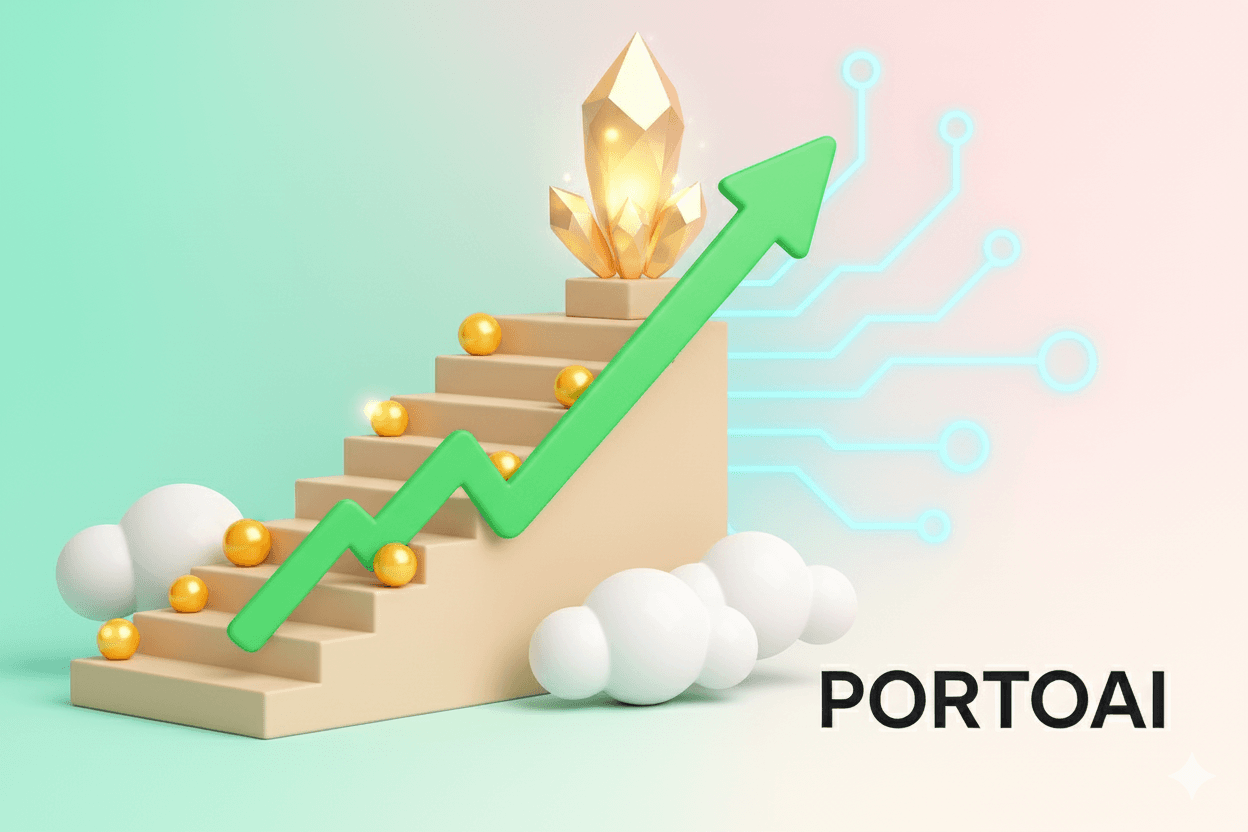What is the T2T Stock Segment? A Guide for Investors

Venkateshwar Jambula
Lead Market Researcher
4 min read
•Published on September 6, 2024
•Understanding the Trade to Trade (T2T) Stock Segment
The equity market is a complex ecosystem with various segments designed to manage different types of trading activities and investor behaviors. Among these, the Trade to Trade (T2T) segment stands out as a unique space governed by regulatory bodies like SEBI. This segment is specifically designed to promote delivery-based trading and mitigate speculative intraday activities.
What is the Trade to Trade (T2T) Segment?
The T2T segment is a specialized stock market segment where all transactions must be settled on a delivery basis. This means that shares bought or sold within this segment cannot be squared off on the same trading day. Consequently, T2T stocks are ineligible for intraday trading, a practice involving buying and selling securities within the same trading session to profit from small price movements.
Criteria for Inclusion in the T2T Segment
Securities are moved to the T2T segment based on specific criteria aimed at controlling volatility and speculative trading. These typically include:
1. Price-to-Earnings (P/E) Ratio Overvaluation
A primary indicator for inclusion is a stock's P/E ratio relative to market benchmarks. For instance, if the Sensex P/E is within a typical range (e.g., 15-20) and a stock's P/E significantly exceeds this (e.g., over 30), it may be considered for the T2T segment. The P/E calculation usually considers the earnings per share (EPS) from the last four quarters.
2. Significant Price Variation
Stocks exhibiting price movements that deviate substantially from their benchmark indices (like the Sensex or Nifty) or sector-specific records are also candidates. If a stock's price variation is approximately 25% higher than its benchmark, it might be moved to T2T to curb excessive speculation.
3. Market Capitalization Threshold
For smaller companies, market capitalization is a crucial factor. Stocks with a market cap falling below a certain threshold (e.g., Rs. 500 crore) may be placed in the T2T segment. This measure aims to protect against price manipulation in less liquid stocks. Typically, newly listed companies (IPOs) are exempt from these T2T rules initially.
Frequency of Segment Reclassification
Securities are often evaluated for T2T inclusion or removal on a fortnightly or quarterly basis. This periodic review ensures that stocks are placed in the appropriate segment based on current market conditions and their performance metrics.
Once a stock is moved to the T2T segment, it often comes with stricter price bands, typically fixed within a ±5% range for a minimum of 22 trading days. This stability mechanism is designed to prevent extreme price swings.
How to Trade in the T2T Segment
Trading in the T2T segment requires a disciplined approach, adhering strictly to delivery-based settlement:
- Buying Shares: When you buy shares in the T2T segment, you must pay the full amount upfront, and the shares will be credited to your Demat account. Delivery is mandatory.
- Selling Shares: To sell shares, you must already possess the delivery of those shares in your Demat account. You cannot sell shares that you intend to receive on the same day.
- No Netting Off: Crucially, there is no netting off of trades within the T2T segment. This means you cannot buy shares and sell them on the same day, nor can you engage in Buy Today Sell Tomorrow (BTST) or Sell Today Buy Tomorrow (STBT) strategies. Every transaction must result in the actual delivery of shares.
Example: In a standard segment, a trader might buy 100 shares at Rs. 100 and sell them the same day at Rs. 102 for a quick profit. In the T2T segment, this is impossible. If you buy 100 shares at Rs. 100, you pay Rs. 10,000 plus charges and receive delivery. You can only sell these shares after they are in your account, and the settlement cycle (T+1) is completed.
Consequences of Trade Settlement Failure
Failure to settle a trade in the T2T segment can lead to penalties. If a clearing member drops a trade, penalties may apply. For instance, a penalty of Rs. 1000 might be levied for trade abrogation. In cases where a member cannot settle a trade due to unavoidable circumstances, they may seek an extension of the settlement date with prior approval from the relevant exchange authorities.
Strategic Implications of the T2T Segment
While seemingly restrictive, the T2T segment offers a crucial benefit: it shields investors from the excessive speculation and volatility often associated with intraday trading. By enforcing delivery, it encourages a more fundamental, long-term investment approach. Investors seeking to navigate such segments with confidence and data-driven insights can leverage advanced platforms like PortoAI. Our Market Lens can help identify trends and risk profiles, while the risk console provides tools to manage exposure, ensuring your investment strategy remains disciplined and aligned with your long-term financial goals.
For investors focused on building wealth through sound financial principles, understanding and respecting the structure of segments like T2T is paramount. It underscores the importance of a well-researched, delivery-based approach to equity investing.
Blog
Investment Insights and Tips
Explore our latest investment strategies and insights.

Stocks
Master Investment Psychology: Control Emotions for Smarter Stock Decisions
The Psychology of Stock Investment: Understanding Emotions That Affect Investment Decisions A stock market is a funny place – both the seller and buye...
Venkateshwar Jambula
November 7, 2024
•4 min read

Stocks
Power Grid India Stock: Analyzing PGCIL's Price Movements & Future
The Rise and Fall: Unraveling the Power Grid Corporation of India Stock Price The Power Grid Corporation of India Stock Price (PGCIL) has experienced ...
Venkateshwar Jambula
November 6, 2024
•10 min read

Stocks
Are Multibagger Stocks Still Possible in 2025? Your AI Guide
These 6 Multibagger Stocks Exploded in 2025 — Is Your Portfolio Still in 2022? Till June 2025, the benchmark Sensex has risen by around 4%, reflecting...
Venkateshwar Jambula
November 5, 2024
•11 min read

Stocks
Top 5 Indian Growth Stocks & Sectors for 2025: AI-Driven Insights
Top 5 Best Growth Stocks in India & Sectors to Watch in 2025 You see the market correction in late 2024 and early 2025 was driven by weak economic...
Venkateshwar Jambula
November 4, 2024
•9 min read